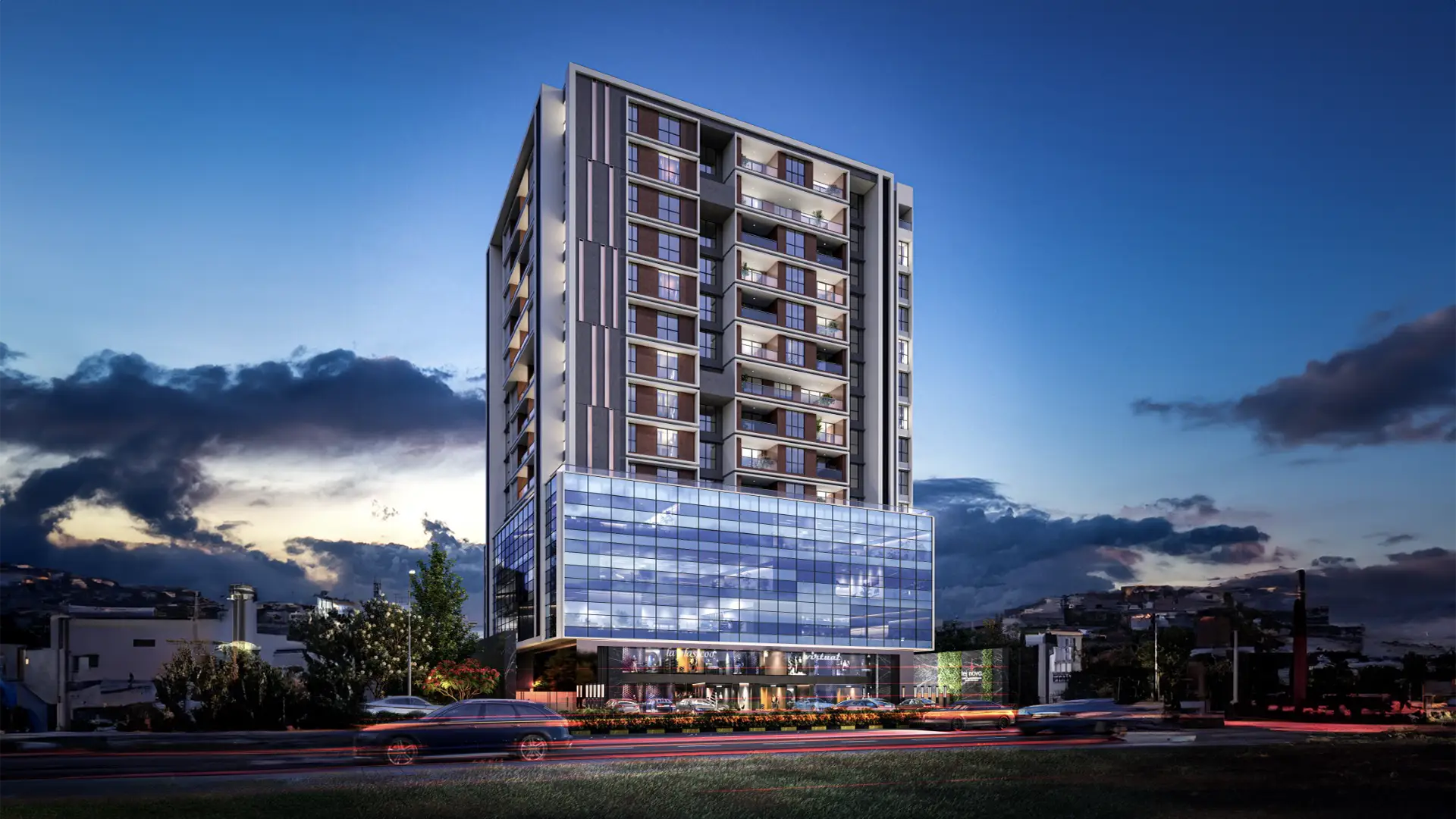Pune Metro Extensions: A Game Changer for the Real Estate Market in Pune
Pune Metro Extensions: A Game Changer for the Real Estate Market in Pune
The cultural hub of Maharashtra, Pune, is rapidly becoming more urbanised and economically developed. This is driving the demand for the real estate market in Pune, spurred by the expansion of efficient transportation systems.
The Pune metro project is poised to significantly enhance connectivity across the city, positively impacting the real estate market in Pune. In this blog, we will explore how Pune metro extensions will boost connectivity, attract investments, and shape real estate trends in the city. It will also feature some of Tejraj Group’s most noted projects that have a strong connection to the Pune metro extensions
Overview of the Pune Metro Project
The Pune Metro project aims to reduce traffic through a robust public transportation system, improve the air quality, and enhance the lives of residents. The metro would cover a larger area to connect important neighbourhoods, business centres, and educational institutions. The first phase of the system is already operational, and extensions are underway.
Key Features of Pune Metro
- Multiple Lines:
Line 1 (Purple Line): This line stretches 16.6 km from PCMC to Swargate, combining both elevated and underground sections, and consists of 15 stations.
Line 2 (Aqua Line): Running 14.7 km from Vanaz to Ramwadi, this line is totally accelerated and features sixteen stations.
- Smart Technology & User Experience: The Pune Metro app enhances the passenger experience with real-time train tracking, schedule viewing, and automated ticket booking. This eliminates the need for physical queuing and streamlines travel. Integrated features like route planning and various payment options further simplify urban commuting and improve overall user convenience.
- Sustainability & Environmental Impact: The Pune Metro promotes sustainable transportation by offering an eco-friendly alternative to private vehicles, reducing reliance on road traffic. This contributes to lowering pollution levels and creating a greener Pune.
- Efficient Travel: The metro system is designed to significantly reduce travel times by up to 75% compared to road transport. This offers a faster and more reliable commuting option.
- Accessibility: Pune Metro stations are designed with accessibility in mind, incorporating features to assist senior citizens and people with disabilities. This ensures comfortable and inclusive travel for all.
- Cultural Integration: The station designs reflect Pune’s rich cultural heritage, adding local character and aesthetic appeal to the metro system. This creates a unique and engaging travel environment.
- Project Implementation: Maharashtra Metro Rail Corporation Limited (Maha-Metro), a joint venture between the Indian and Maharashtra governments, is responsible for implementing Phase 1. Line 3, connecting Hinjewadi to the Civil Court, is being developed through a public-private partnership between the Pune Metropolitan Region Development Authority (PMRDA), TRIL Urban Transport (Tata Group), and Siemens.
Enhanced Connectivity and Its Impact on the Real Estate Market in Pune
With the extension of the metro, connectivity between places in Pune will improve quite significantly. Places that were previously looked upon as not so accessible or farther away from the city centre are likely to become more popular for both residential and commercial use. This is how connectivity will bring change to the real estate market in Pune:
-
Increased Residential Demand in Pune
Accessibility: Locating metro stations strategically can connect more areas to the core and make them attractive to homebuyers. For example, residential projects in Pune close to metro stations will invite demand for neighbourhoods around the metro, as families like to stay around efficient transportation. The same for commercial projects in Pune that will allow professionals to travel conveniently.
Affordability: Once the demand amplifies, developers will cash in on it. The new real estate market in Pune will connect areas and be coming up at value-for-money prices to make homeownership accessible to all people. One of the interesting projects in Pune is Tejraj Group, which brings premium apartments and affordable housing near a metro station.
- Commercial Attraction in Pune
Metro lines will join the big business centres, and firms will then open offices and shops near the metro stations. This means commercial projects in Pune will see growth as companies seek office space and retail areas. Tej One FC Road is an ongoing commercial project near the metro station, making travel easy for working professionals.
-
Boosting Builders and Developers in Pune
Opening of new possibilities: The real estate market in Pune will look for new investment avenues close to the metro stations. Due to increasing demand, builders can diversify their portfolios by developing residential as well as commercial projects in Pune. Thus, this will bring healthy competition and innovative changes to the market.
Project Viability: As the demand for properties increases in well-connected areas, more returns could be expected from investments. Many big builders and developers have designed new projects in Pune, seeing the expansion of the metro. Tejraj Group is one of the real estate companies that falls under such a category!
Shaping Trends of Real Estate Market in Pune
The introduction of the metro is expected to influence the real estate market in Pune in several ways.
Metro expansion in suburban and rural spaces is expected to change the model of urbanisation. All the areas, such as Hinjewadi, Kharadi, and Wagholi, that will be included in the metro line will experience maximum growth because any new projects initiated would prove to be a boon for these regions, thus automatically upgrading them into new commercial spaces and residential projects in Pune.
The expansion of the metro will significantly impact the real estate market in Pune, especially in areas like Hinjewadi, which previously faced connectivity challenges.
Improved metro access will boost Foreign Direct Investment (FDI), driving demand for both residential and commercial properties.
Shorter commute times will increase work efficiency and encourage the growth of the work-from-office culture, leading to more commercial developments.
Metro connectivity will reduce the importance of location, making previously less accessible areas more desirable for homebuyers. Overall, the metro expansion will enhance Pune’s real estate prospects, fostering growth, accessibility, and investment opportunities.
Conclusion
The Pune metro extensions will change the infrastructure and connectivity system of the city. Hence, the shift in the property in Pune would continue to observe enhanced accessibility through the metro that will characterise the city.
With the optimistic environment for builders and developers in Pune, the perspective of the real estate sector is quite glowing. Investors and homebuyers will keep a keen eye on what is happening in the metro system in Pune. Developments are going to define the future of the real estate market in Pune for several years ahead. The Pune Metro would thus not only reduce much of the hassle while travelling but usher in a new era of growth.




